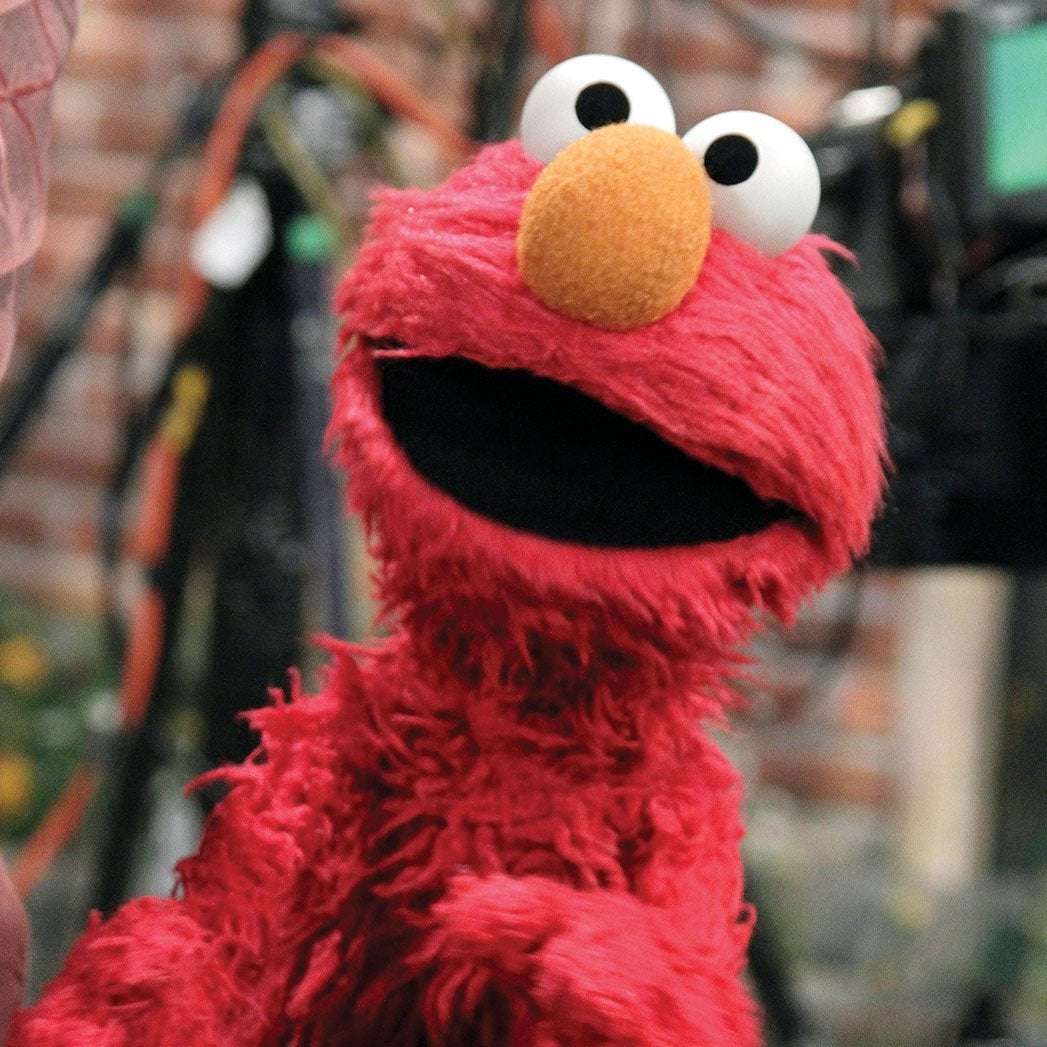Sesame Workshop has been operating at a loss in recent years ($11 million in 2014), and the new deal will allow it to deliver twice as much content, plus a Muppets spinoff.
When Sesame Street inked a five-season deal with HBO on Aug. 13, the pact meant more than giving the premium cable network a foothold in the children's TV space, where Netflix and Amazon already are developing programs. The agreement, which allows the iconic kids' franchise to deliver nearly twice as much new content per season, as well as a Muppets spinoff, is a lifeline for Sesame Workshop, the nonprofit that produces the show.
Audited financial statements reveal that the organization has operated at a loss in recent years ($11 million in fiscal 2014). "Without this five-year funding commitment from HBO, we would not have a sustainable funding model that would allow for the continued production of the show," Sesame Workshop CEO Jeff Dunn tells The Hollywood Reporter.
PBS, which will air the new episodes nine months after they first run on HBO, reportedly pays a license fee that covers about 10 percent of the show's annual $40 million production cost. Meanwhile, DVD sales, once responsible for much of its revenue, drop each year with the growth of video streaming services.
Sesame Workshop has a significant merchandising asset in its intellectual property, which it has licensed to companies including Hasbro, Fisher-Price and Betty Crocker. The nonprofit would bring in revenue from hit toys like Tickle Me Elmo and Talking Big Bird, but it's still not enough. Licensing revenue has dipped to roughly the same level as the show's production cost (from $46 million in 2013 to $41 million in 2014), according to the financial statements. "Kids' habits are shifting. They've moved on to interactive platforms," says Gary Knell, Sesame Workshop's former CEO, who left in 2011. "Traditional toys don't really carry the day."
Whatever the cause, it's clear that a deal with HBO was needed to give Elmo a fighting chance. "I think it was the right decision," says Knell. "HBO gets a huge bonanza brand they will do a great job marketing to get young parents to sign on to their streaming platforms. For Sesame, it's a way of plugging a big gap and providing funding for a lot of shows." PBS now will air the episodes from HBO for free, to a young audience unconcerned with spoilers or first runs. Says Knell, "I think it's a win-win-win."

Qwez81 on June 10th, 2020 at 15:38 UTC »
And people got pisssssed because they thought big corporations were taking Sesame Street into a paid only subscription. Which is partly true, they just release the episodes after they’ve already played on HBO. Not sure how long they’re on HBO before going to cable though
bolanrox on June 10th, 2020 at 15:20 UTC »
and PBS was nearly killed off in 69 if it were not for Fred Rogers.
pjabrony on June 10th, 2020 at 15:17 UTC »
So it's brought to us by the letters H, B, and O?